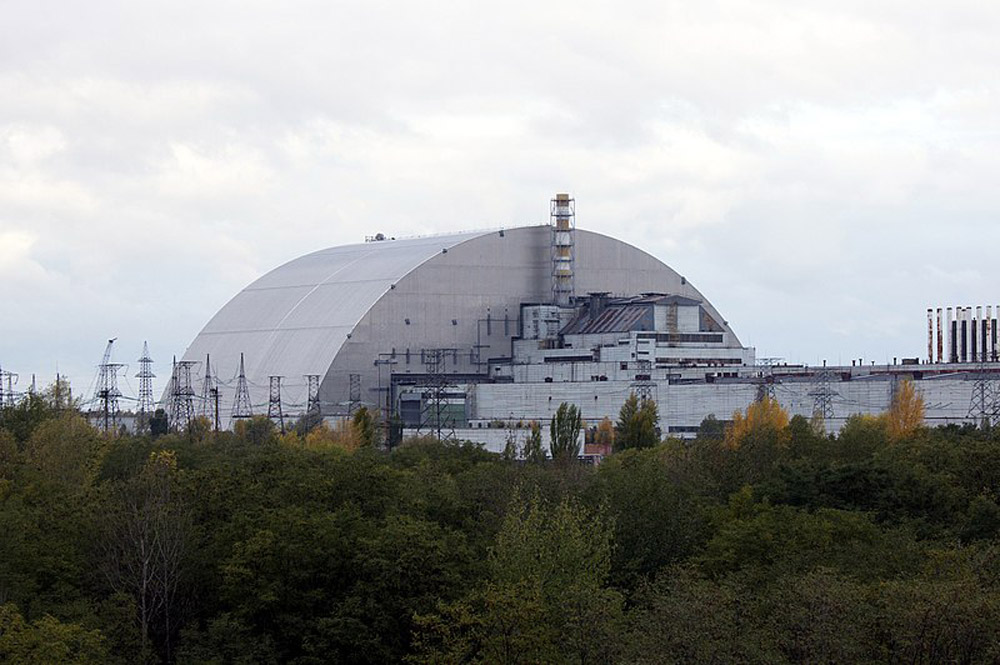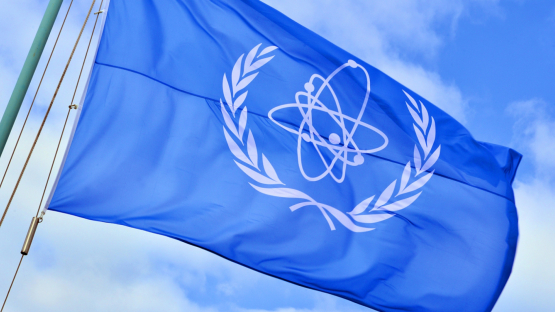The International Atomic Energy Agency reports that the blackout has ‘no critical impact on safety' related to the storage of solid spent fuel. The IAEA states that given the heat load of the spent fuel storage pool, the volume of cooling water is sufficient for effective heat removal without the need for electrical supply. Chernobyl's spent fuel has cooled down after decades in storage and cannot melt down at this point. In case of a blackout, the facility has backup diesel generators. Even if the water evaporated in Chernobyl's spent fuel pool, there is no threat to the public and any evaporated water could be replenished. According to a post-Fukushima stress test, loss of cooling systems at Chernobyl would raise temperatures but would not cause an accident.
The Chernobyl nuclear power plant is no longer operating and is three decades into the process of decommissioning. Three of Chernobyl's four reactors ceased operations in 1991, 1996, and 2000. The fourth reactor, which suffered a meltdown in 1986, is encased by a concrete sarcophagus and a new protective steel shield cover.
The American Nuclear Society does share the concern about ventilation not working at Chernobyl as a result of the loss of power, as all personnel continue to work and live on-site since the start of Russian military occupation on February 24. Power, communications, and monitoring by the IAEA must be restored to Chernobyl at once.”











